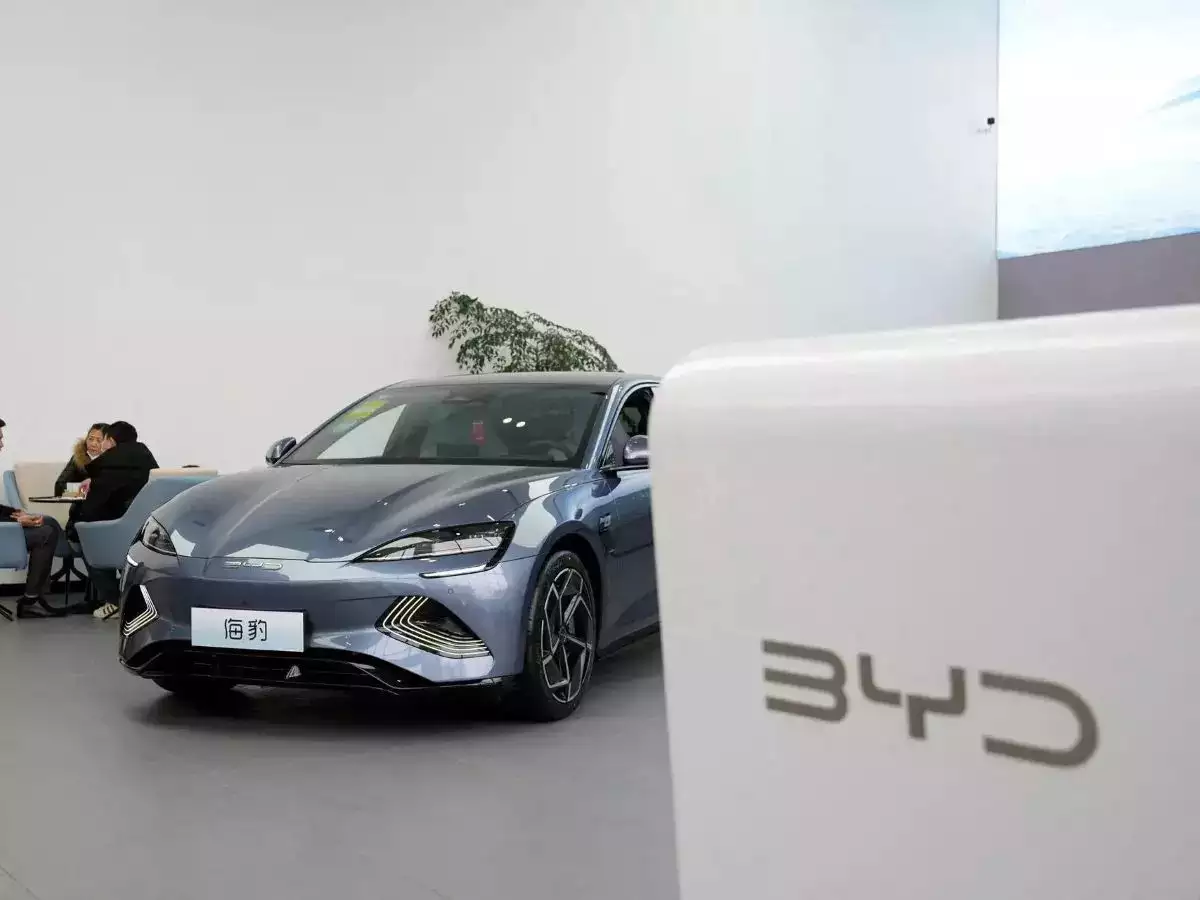Chinese electric vehicle (EV) behemoth BYD is taking a bold step by setting up its first manufacturing facility in India, a move set to transform the nation's automotive sector. The strategic move comes as BYD aims to ride out growing trade barriers in Western markets and tap into India's growing EV demand.
Location and Investment: BYD has selected Rangareddy district in Telangana, about 60 kilometers from Hyderabad, for its factory. The investment is estimated at about ₹85,000 crore (about $10 billion) and will span more than 500 acres of land.
Production Capacity: The plant will have the capacity to produce 600,000 vehicles a year by 2032, in addition to a battery plant with a 20 GWh capacity. Such scale is envisioned to lower the costs considerably and make BYD more competitive in the Indian market.
Government Support: Telangana state government has also shown strong backing for the project, including providing land and incentives under its new EV policy that provides tax rebates to promote EV adoption.
Response to Trade Barriers: BYD's expansion into India is significantly driven by rising tariffs in major export markets such as the EU and the U.S., where tariffs on Chinese EVs are extremely high. This has led BYD to pursue growth in lower-tariff emerging markets with favorable policies.
Local Partnerships: In order to meet Indian law requirements, BYD will likely have a joint venture with Megha Engineering and Infrastructures Ltd (MEIL), under which MEIL will have majority ownership in the company. The partnership is focused on meeting the local laws and making operations less complicated.
Market Consequences: BYD's entry into India may increase competition between current operators such as Tata Motors and Mahindra, and also put itself in rivalry with Tesla since both firms wish to gain market share in the fast-growing Indian EV market.
This strategic action by BYD is not only indicative of its dedication to the Indian market but also India's potential to be a future hub for electric vehicle production. As the times change, the stakeholders will be looking closely at how this advancement will shape local and international automobile dynamics.
Sources: Business Standard, ETV Bharat Times Now News, Team-BHP, APAC News Network, NDTV, Financial Express
